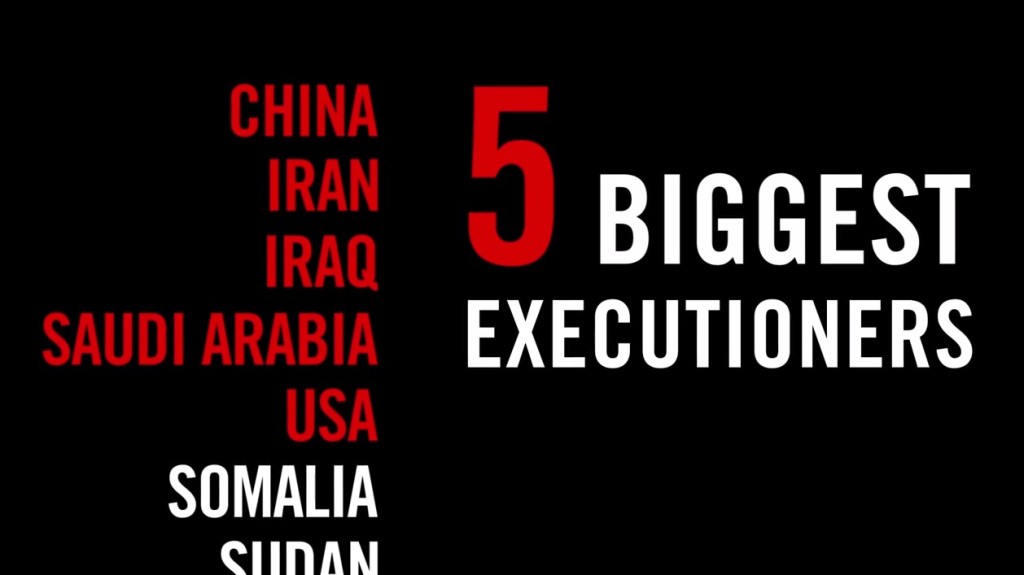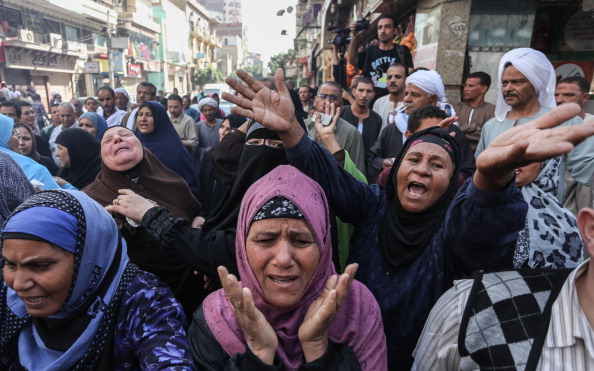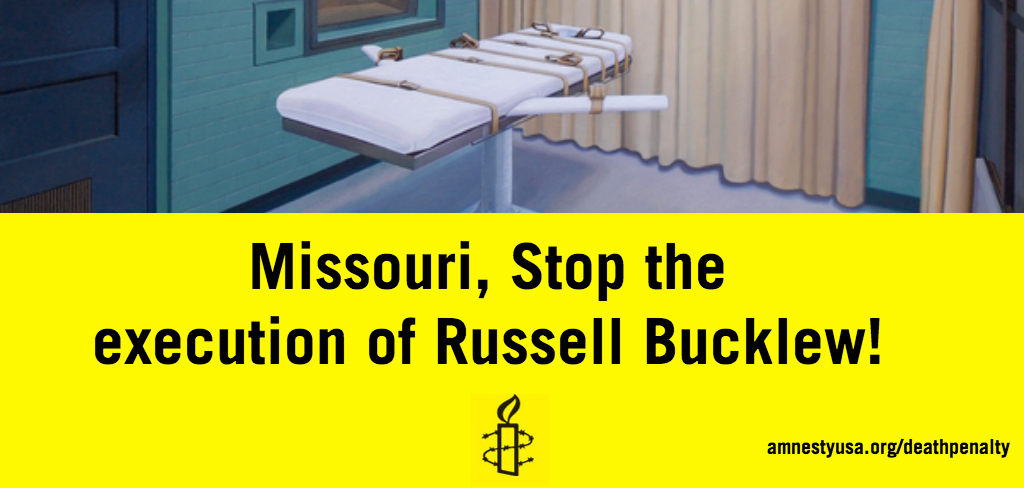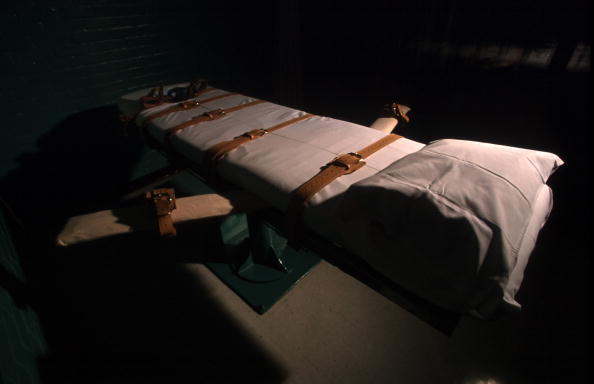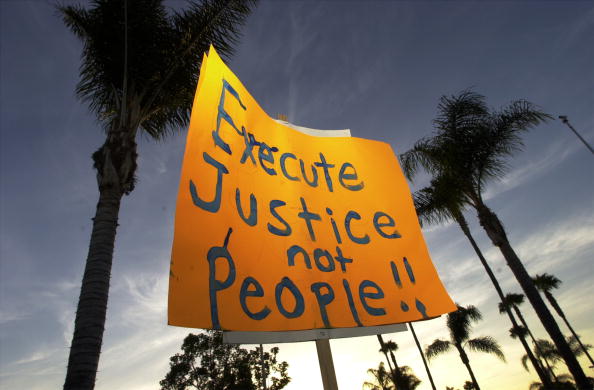
David McNew/Getty Images
Officials at the California Department of Corrections and Rehabilitation (CDCR) are doing everything they can to jumpstart executions after over a decade without them—and with the largest death row in the country, they could fast track dozens of cases for execution.
That’s dozens of humans killed at the hands of the state. We can help stop them since the CDCR is required by law to listen to us!
Tell them it’s time to end the death penalty once and for all! SEE THE REST OF THIS POST

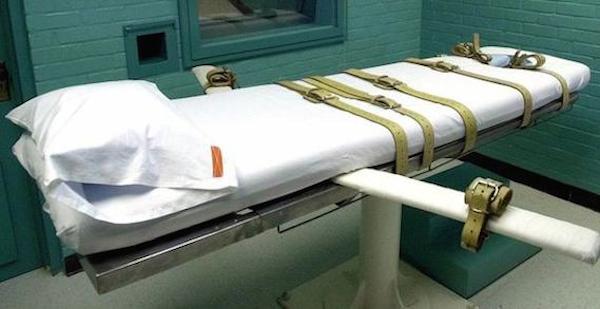
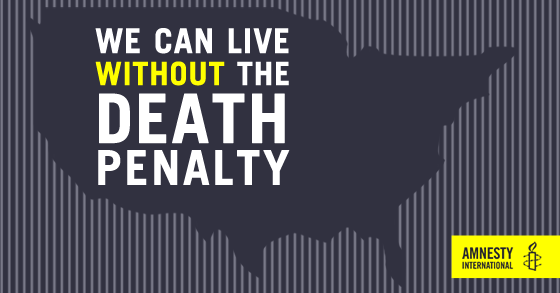 In a stunning move this morning, Nebraska lawmakers
In a stunning move this morning, Nebraska lawmakers 